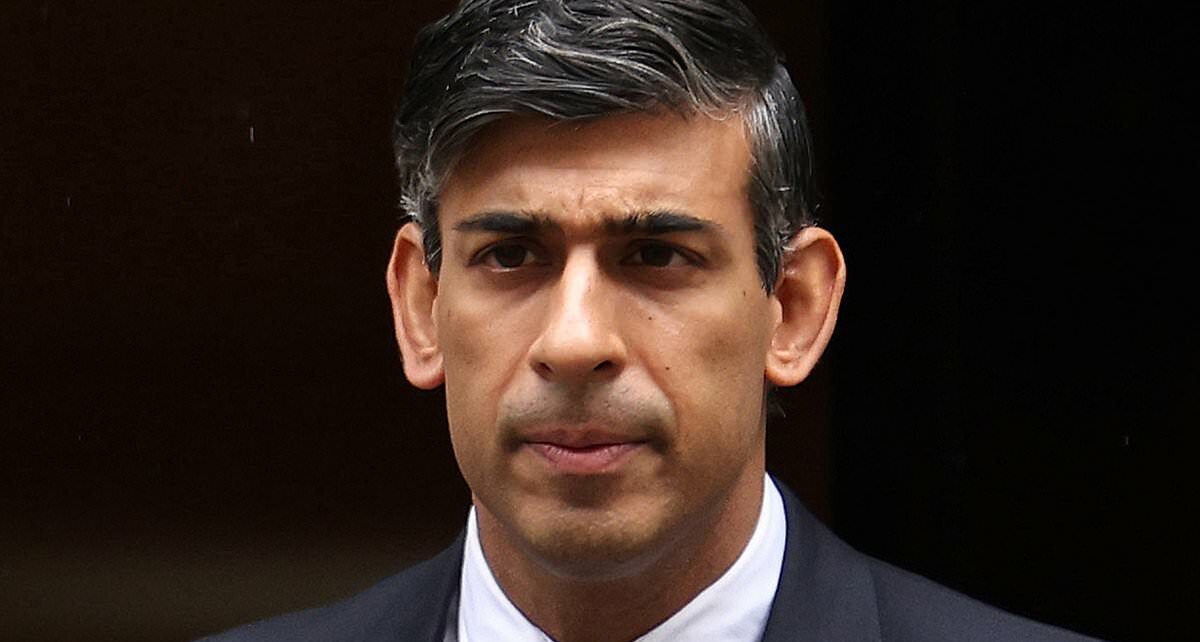Big Tech is being left to ‘grade their own homework’ by the UK’s AI summit, critics warn ahead of the event this week
- Mr Sunak accused of holding a ‘closed-door event’ with China invite concerns
The Artificial Intelligence Safety Summit is too friendly to Big Tech and will simply allow them to ‘grade their own homework’, critics warn.
The event at Bletchley Park was supposed to signal Britain’s intent to lead the way in regulating the technology – but Rishi Sunak faces mounting criticism over the guest list.
As well as deep concerns about the invitation to China, the Prime Minister has been accused of creating a ‘closed-door event’ that focuses too much on the biggest firms developing the technology.

Rishi Sunak faces mounting criticism over the guest list which includes representatives from China
More than 100 civil society organisations yesterday published an open letter branding the summit a ‘missed opportunity’, which was allowing ‘a select few corporations to seek to shape the rules’.
Their views were echoed by another group of digital rights advocates, economists and lawyers, who launched their own People’s Summit for AI Safety as an antidote to tomorrow’s event.
Clara Maguire, executive director of The Citizens, which set up the rival summit, said: ‘We reject the idea that Big Tech should be given a forum to report to world leaders progress against voluntary commitments.

Alongside executives from several other tech giants, including Google and Meta (stock photo)
‘This is not how regulation works – and it’s not how we’ll achieve ‘AI Safety’.’
Bosses from the three major AI firms, including OpenAI which created ChatGPT, will be among the exclusive group of attendees at the two-day summit at Bletchley Park.
Alongside executives from several other tech giants, including Google and Meta, they will meet representatives from governments across the world – including China.
But The Citizens said the AI companies shouldn’t be allowed to ‘grade their own homework’, adding: ‘We have seen, time and time again, the failure of Big Tech platforms to reform their activities unless forced through meaningful external oversight and regulation.’
Source: Read Full Article

